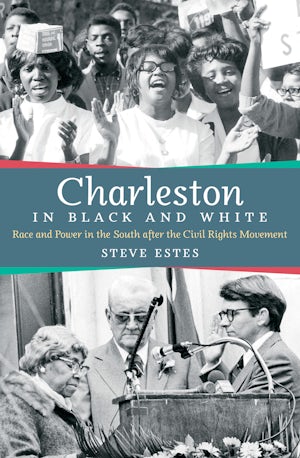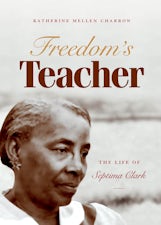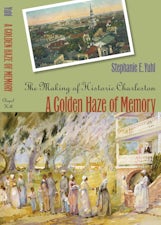Charleston in Black and White
Race and Power in the South after the Civil Rights Movement
By Steve Estes
232 pp., 6.125 x 9.25, 9 halftones, notes, bibl., index
-
Hardcover ISBN: 978-1-4696-2232-3
Published: September 2015 -
E-book PDF ISBN: 979-8-8908-4272-5
Published: July 2015 -
Paperback ISBN: 978-1-4696-4550-6
Published: August 2018 -
E-book EPUB ISBN: 978-1-4696-2233-0
Published: July 2015
Buy this Book
- Hardcover $34.95
- Paperback $28.00
- E-Book $19.99
For Professors:
Free E-Exam Copies
Based on detailed archival research and more than fifty oral history interviews, Charleston in Black and White addresses the complex roles played not only by race but also by politics, labor relations, criminal justice, education, religion, tourism, economics, and the military in shaping a modern southern city. Despite the advances and opportunities that have come to the city since the 1960s, Charleston (like much of the South) has not fully reckoned with its troubled racial past, which still influences the present and will continue to shape the future.
About the Author
Steve Estes is professor of history at Sonoma State University and author of I AM a Man!: Race, Manhood, and the Civil Rights Movement and Ask and Tell: Gay and Lesbian Veterans Speak Out.
For more information about Steve Estes, visit
the
Author
Page.



